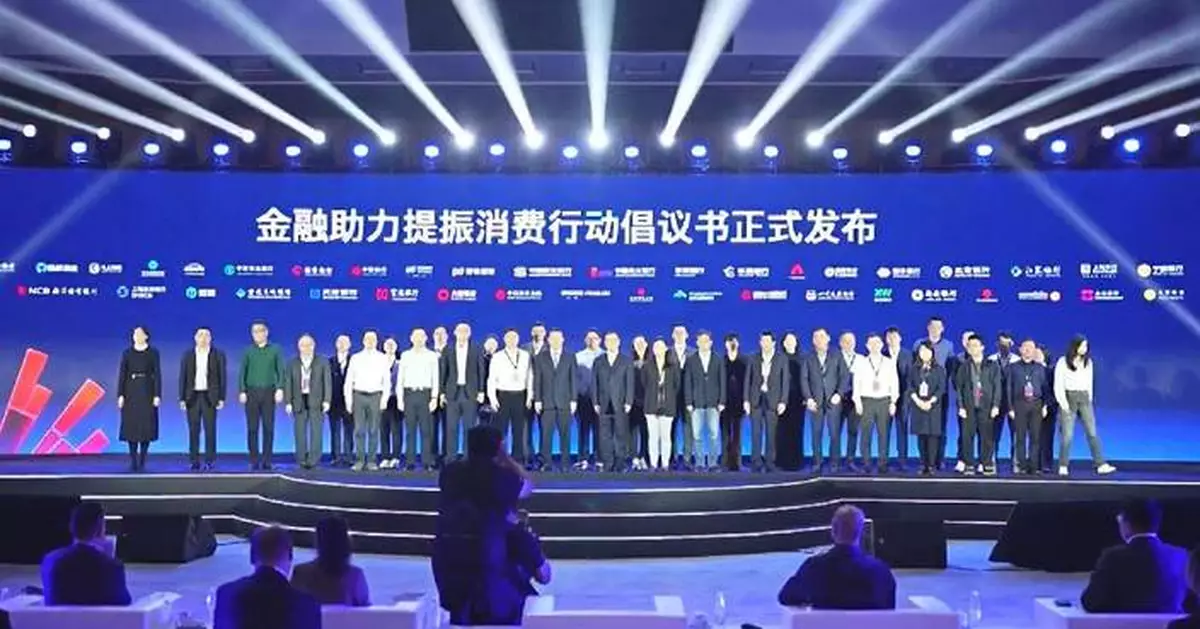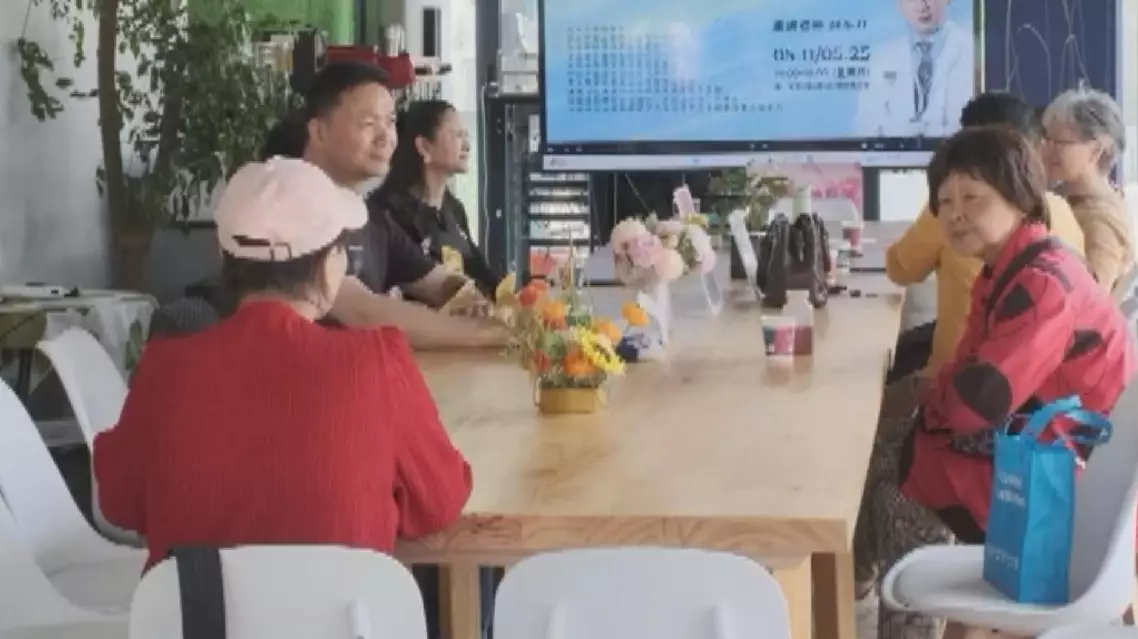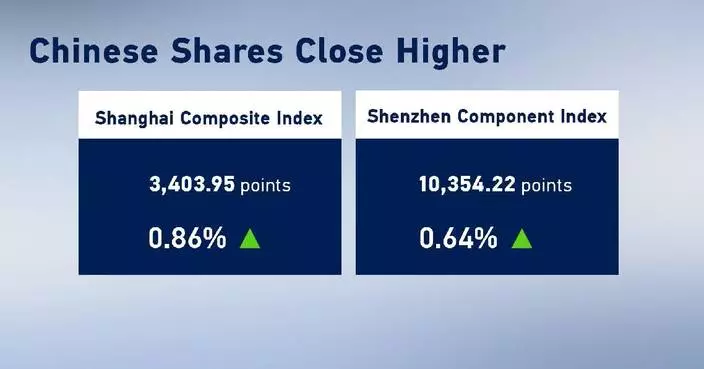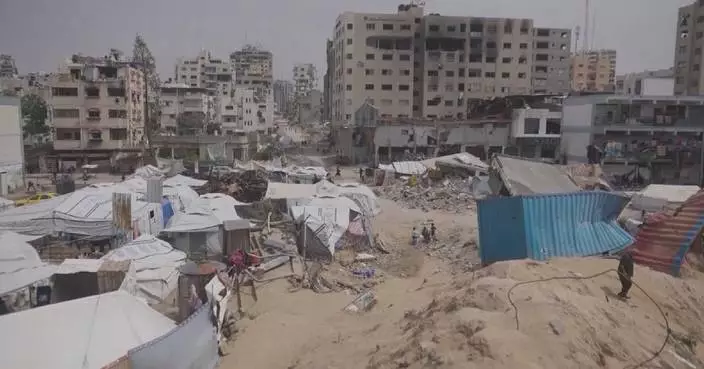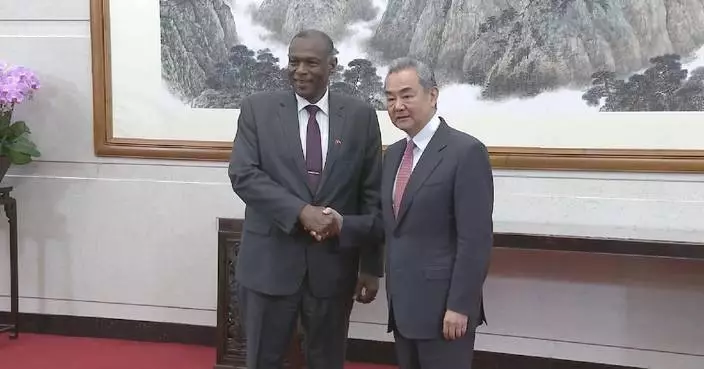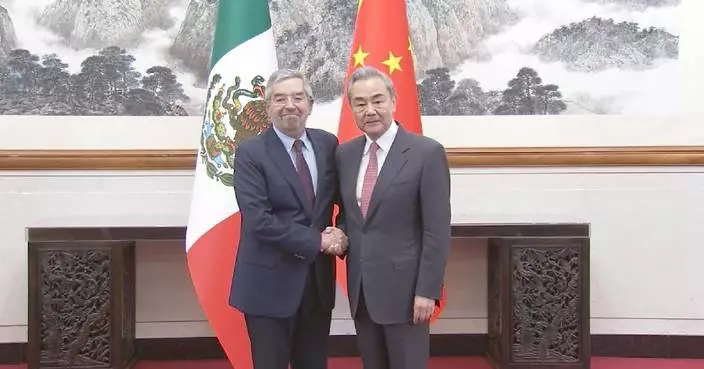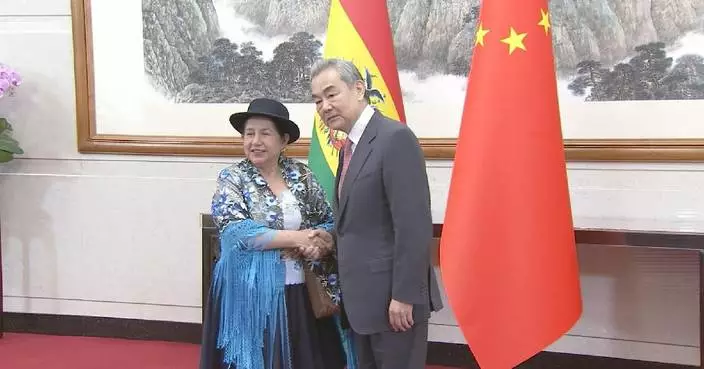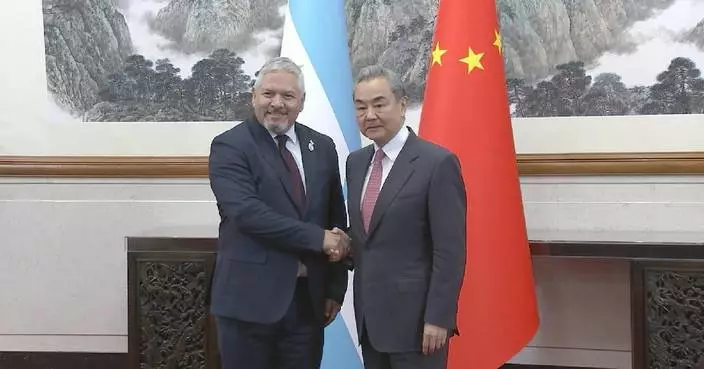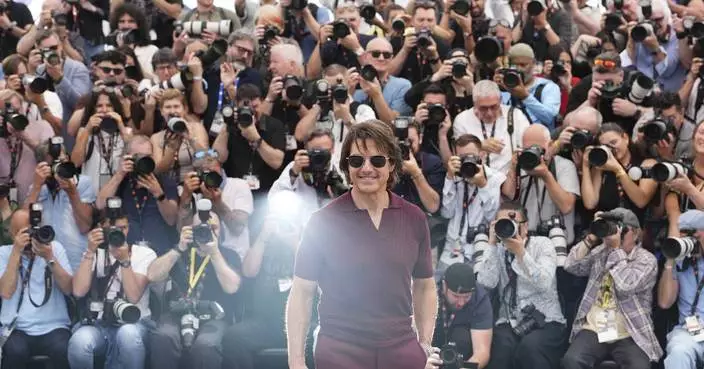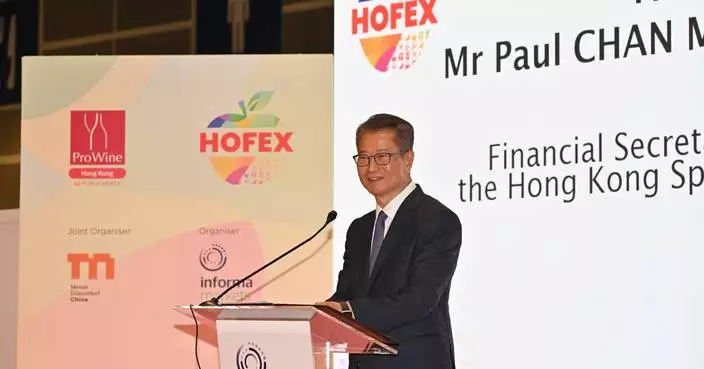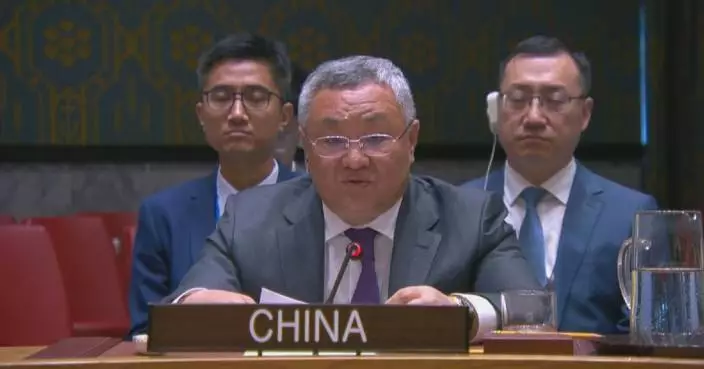Chongqing, a major city in southwest China, has been leveraging financial tools to fuel consumption, with an initiative bringing together dozens of financial institutions to unveil new measures aimed at stimulating consumer spending.
On Wednesday, the Financial Support to Boost Consumption Action Conference was held in Chongqing's Nan'an District, in which 41 financial institutions jointly launched an action plan and released detailed measures to boost consumer confidence and their willingness to spend.
The city's financial regulator said it will continue to guide financial institutions to ramp up support for consumer spending. It will allocate at least 1.6 billion yuan, or around 224 million U.S. dollars worth of resources designed for reducing costs and providing incentives for consumers in 2024, which is expected to drive individual consumption loans to surpass 2.5 trillion yuan (about 350 billion U.S. dollars) for the year.
"As of the end of the third quarter, the balance of loans for consumption use in Chongqing's banking sector had reached 628.54 billion yuan (about 88 billion U.S. dollars), up 21 percent year on year. This resulted in direct savings of over 1.2 billion yuan for customers, contributing a 3.8-percent increase to the city's total retail sales of consumer goods, which is 0.5 percentage points higher than the national average," said Jian Weibo, deputy director of the No.2 Non-bank Services Section under Chongqing Municipal Financial Regulatory Bureau.
Local authorities say campaigns in the first three quarters in support of green renewals and upgrades in consumer goods have been extremely successful.
"In the next phase, we will optimize the allocation of financial resources, offer more diverse financial products, strengthen the support for consumption on both the supply and demand sides, and guide financial institutions to help boost consumption," said Jian.
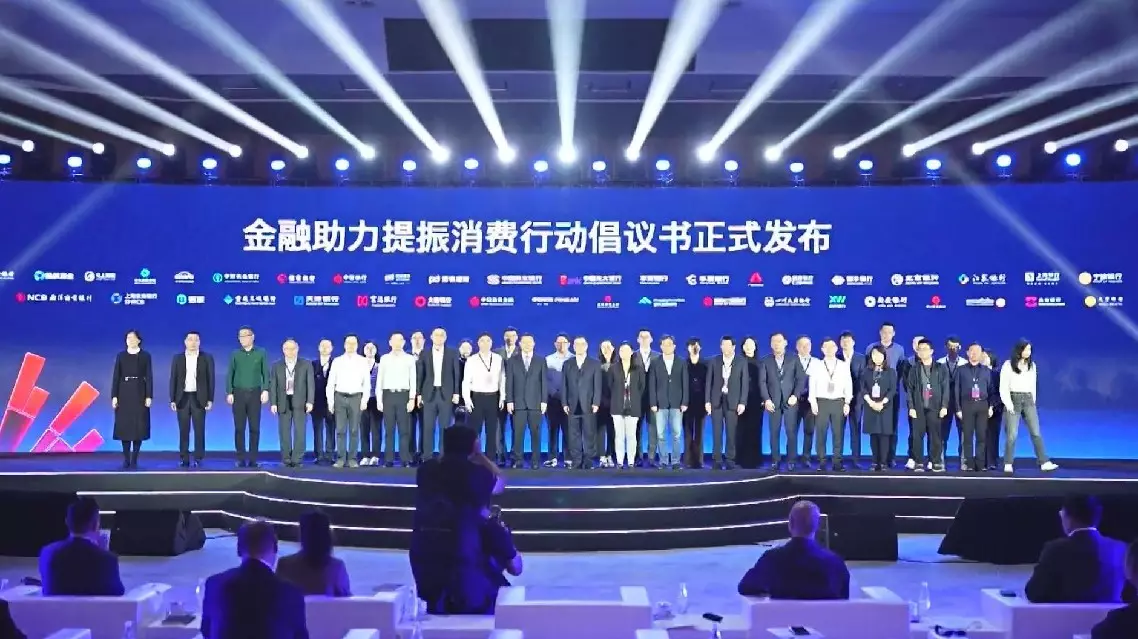
China's Chongqing unleashes fresh financial stimulus to boost consumption


